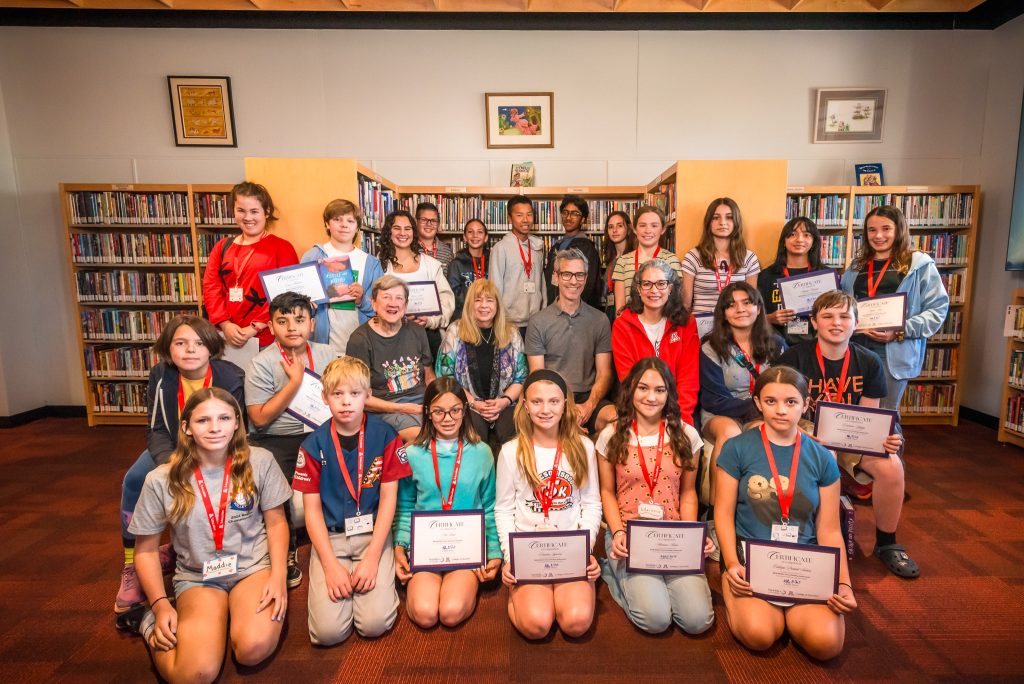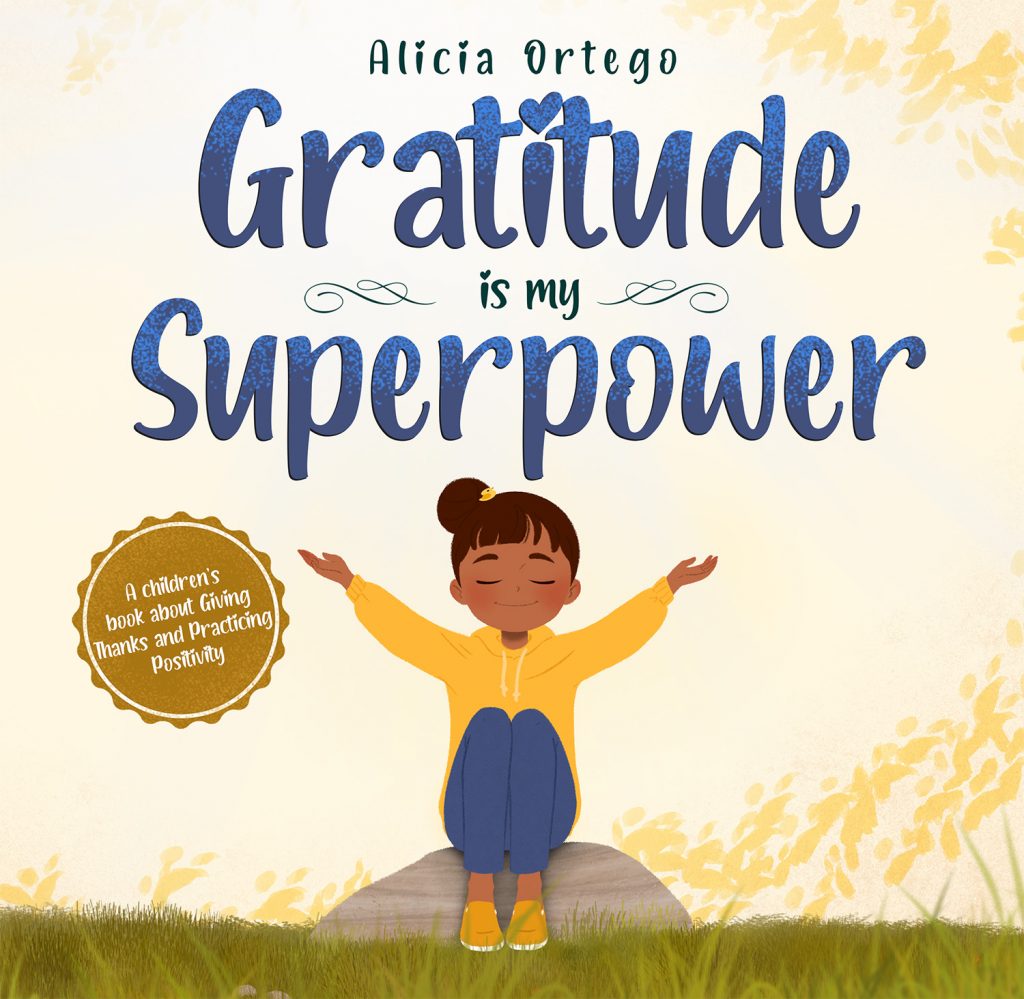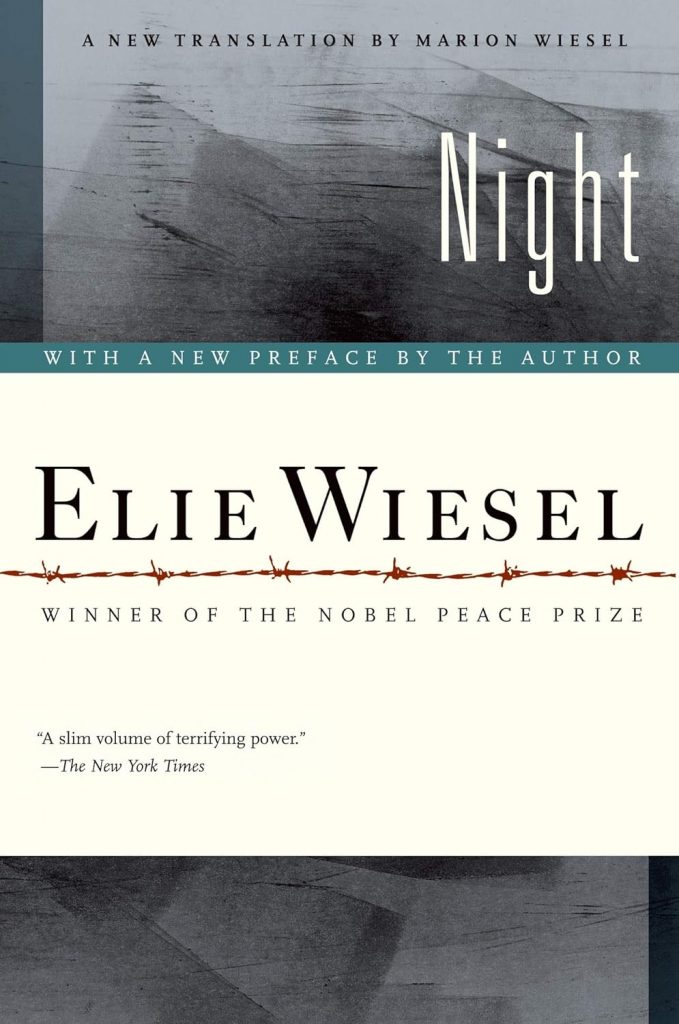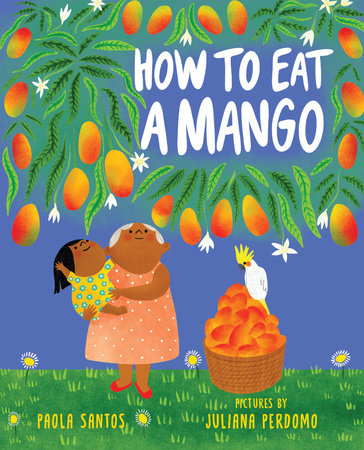Contact Rebecca Ballenger, Associate Director of Worlds of Words
We did it! Thank you for your support attending and promoting our event with author Karen S. Chow, listening to the WOW Reads podcast, and donating to ensure the program continues for another year. We appreciate you!

Photo by Bob Bingham Photography
You don’t have to wait for our next crowdfund campaign to support the work of the Worlds of Words Center. Learn more about how we can promote global children’s literature together on our giving page.
WOW Currents is a space to talk about forward-thinking trends in global children’s and adolescent literature and how we use that literature with students. “Currents” is a play on words for trends and timeliness and the way we talk about social media. We encourage you to participate by leaving comments and sharing this post with your peers. To view our complete offerings of WOW Currents, please visit its archival stream.






 This month’s WOW Currents focuses on trends in global literature for young people published and/or distributed in the U.S. between July 2023 and July 2024. Each year, we identify new books published during this time period, examining the books and consulting book reviews to determine which texts are of most interest to K-12 educators. In this process of updating our global reading lists, we also gain a sense of current trends in the themes, topics and genres of global books being published for children and teens.
This month’s WOW Currents focuses on trends in global literature for young people published and/or distributed in the U.S. between July 2023 and July 2024. Each year, we identify new books published during this time period, examining the books and consulting book reviews to determine which texts are of most interest to K-12 educators. In this process of updating our global reading lists, we also gain a sense of current trends in the themes, topics and genres of global books being published for children and teens.